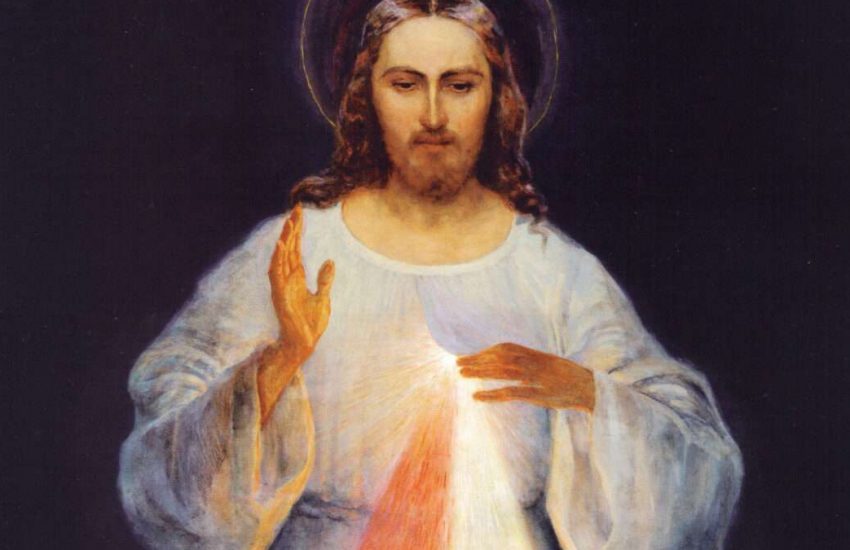A Merciful Father
FOURTH SUNDAY OF LENT (C) – LAETARE SUNDAY
click here for readings
The story of the Prodigal Son is one of the most beloved of our Christian tradition. The son, through selfish and foolish behavior, squanders his inheritance and impoverishes himself. Living in squalor, he decides to return to his father and ask to be hired as a servant, so at least he would be well fed and cared for. The father welcomes him back not as a servant, but as a son, rejoicing with much celebration.
We are to identify with the son. We have sinned against our heavenly Father, and like the prodigal son, we need to repent of our misguided ways and turn back to God. It’s not a complicated parable to understand.
Why, then, do so few heed its advice? Why are we often so hesitant to “rise and return to the Father”? Why are the lines for Confession so short? Perhaps we doubt the reality of God’s forgiveness. Perhaps we doubt that we are worthy of His mercy. Perhaps we wonder whether God really cares about us at all.
Though this story is most often called “The Parable of the Prodigal Son,” Pope Francis chooses to refer to it as “The Parable of the Merciful Father.” By doing so, the pope invites us to reexamine the story from the father’s point of view.
The father has given the son everything he asked for. Yet the son misuses these gifts. He wastes them, and uses them for ill. This must have broken the father’s heart. Yet, the father stands ready to welcome his son back. Look at how the scene is described in the gospel:
While he was still a long way off, his father caught sight of him, and was filled with compassion. He ran to his son, embraced him and kissed him.
Reconciliation did not happen when the son knelt before his father and kissed his ring. It did not happen when the son knocked on his father’s door. It did not happen when the son was entering at the gate. Reconciliation happened “while [the son] was still a long way off.” This is amazing.
The father is actively looking for his son’s return. He desires the reunion so much that when he sees his son returning at a distance he runs to his son, embraces him and kisses him. The father cannot wait to welcome back his lost son, and so runs to meet him where he is. Before the son even utters a word, he is embraced and kissed by his loving father.
When the son does speak, he says, “Father, I have sinned against heaven and against you; I no longer deserve to be called your son.” He plans to ask to be hired on as a mere servant, but the father has already heard enough. Before the son can finish his request…
…his father ordered his servants, ‘Quickly bring the finest robe and put it on him; put a ring on his finger and sandals on his feet. Take the fattened calf and slaughter it. Then let us celebrate with a feast, because this son of mine was dead, and has come to life again; he was lost, and has been found.’
The father is an image of God; as much as the father desires the return of his lost son, even more does God desire the return of us sinners. His eye is always seeking for signs of our repentance. And when He sees us, He will run out to meet us, wherever we are, embrace us, kiss us, and welcome us back as His sons and daughters.
The joy expressed by the father in the parable is an illustration of God’s joy every time a sinner returns to Him. If we fear the sacrament of Reconciliation or hesitate to seek it out, perhaps it is because we fail to recognize this important truth. We focus on the sins we have committed and dread the thought of asking for God’s forgiveness. We’d rather ignore them. But repentance is not about focusing on our sins. Repentance is about turning away from sin and back to God. We identify our sins only to reject them, so that we may return to our Father’s house.
What happens in the confessional is not a condemnation of our sinfulness. It’s a celebration of God’s mercy. The parable of the Prodigal Son (or the Merciful Father) shows us what our repentance looks like from God’s point of view. “Let us celebrate with a feast, because this son of mine was dead, and has come to life again; he was lost, and has been found.”



